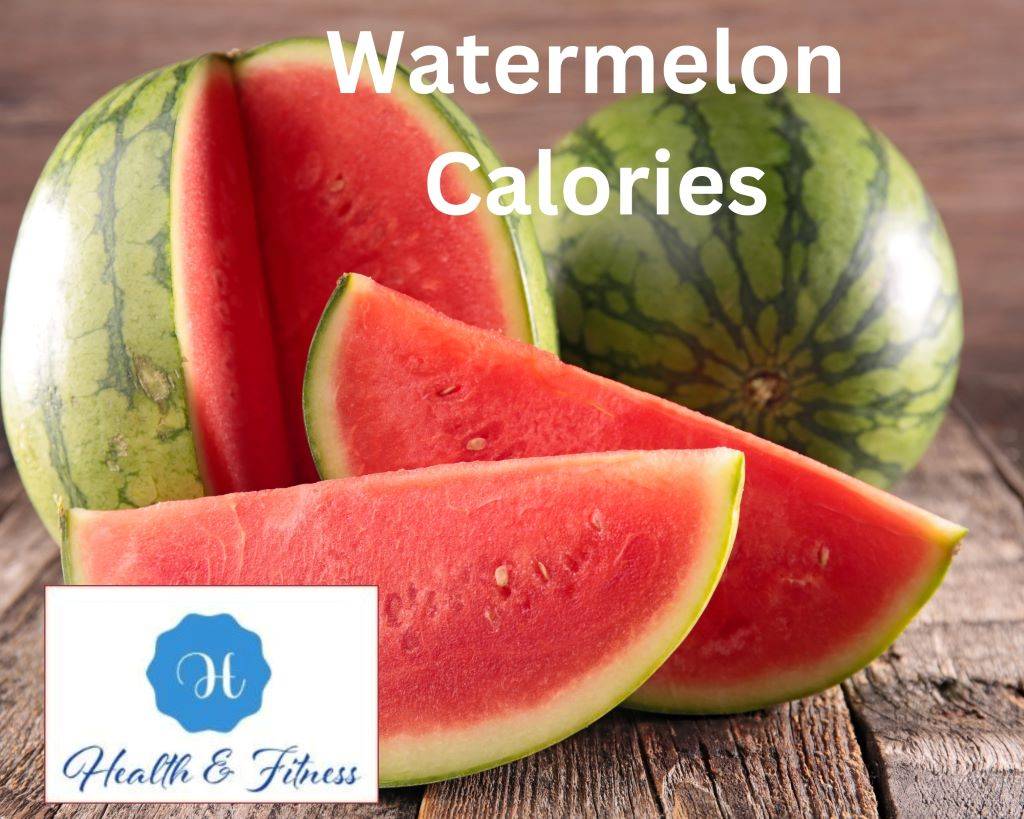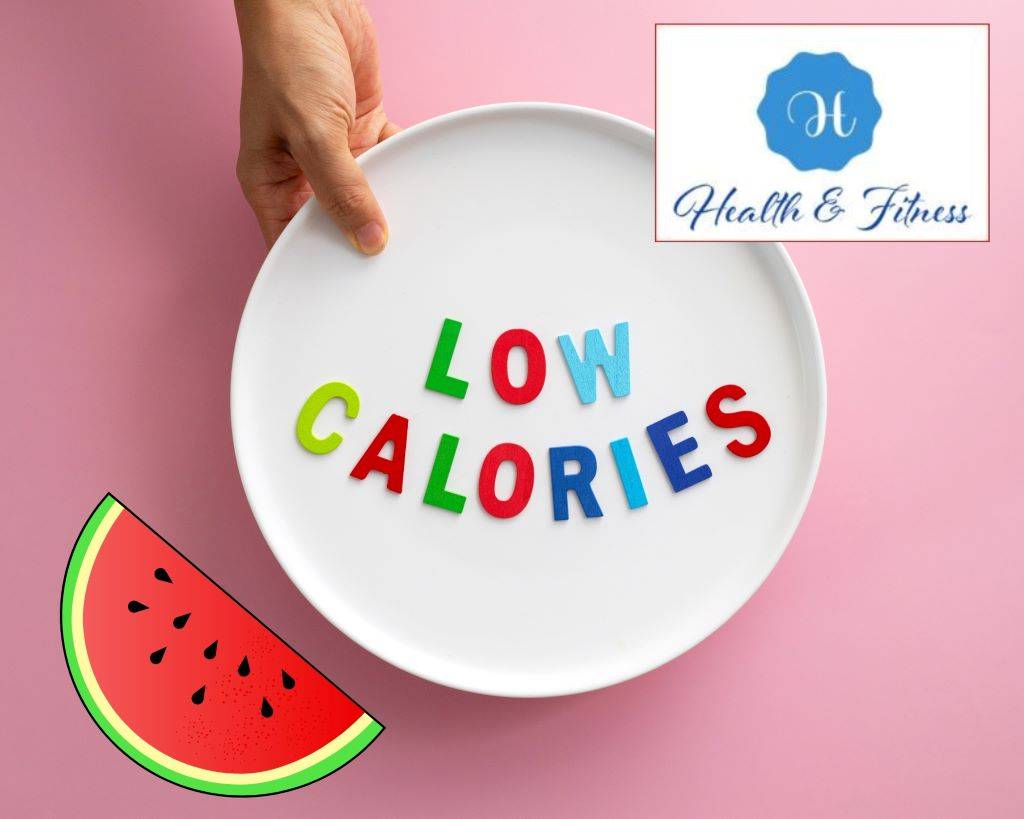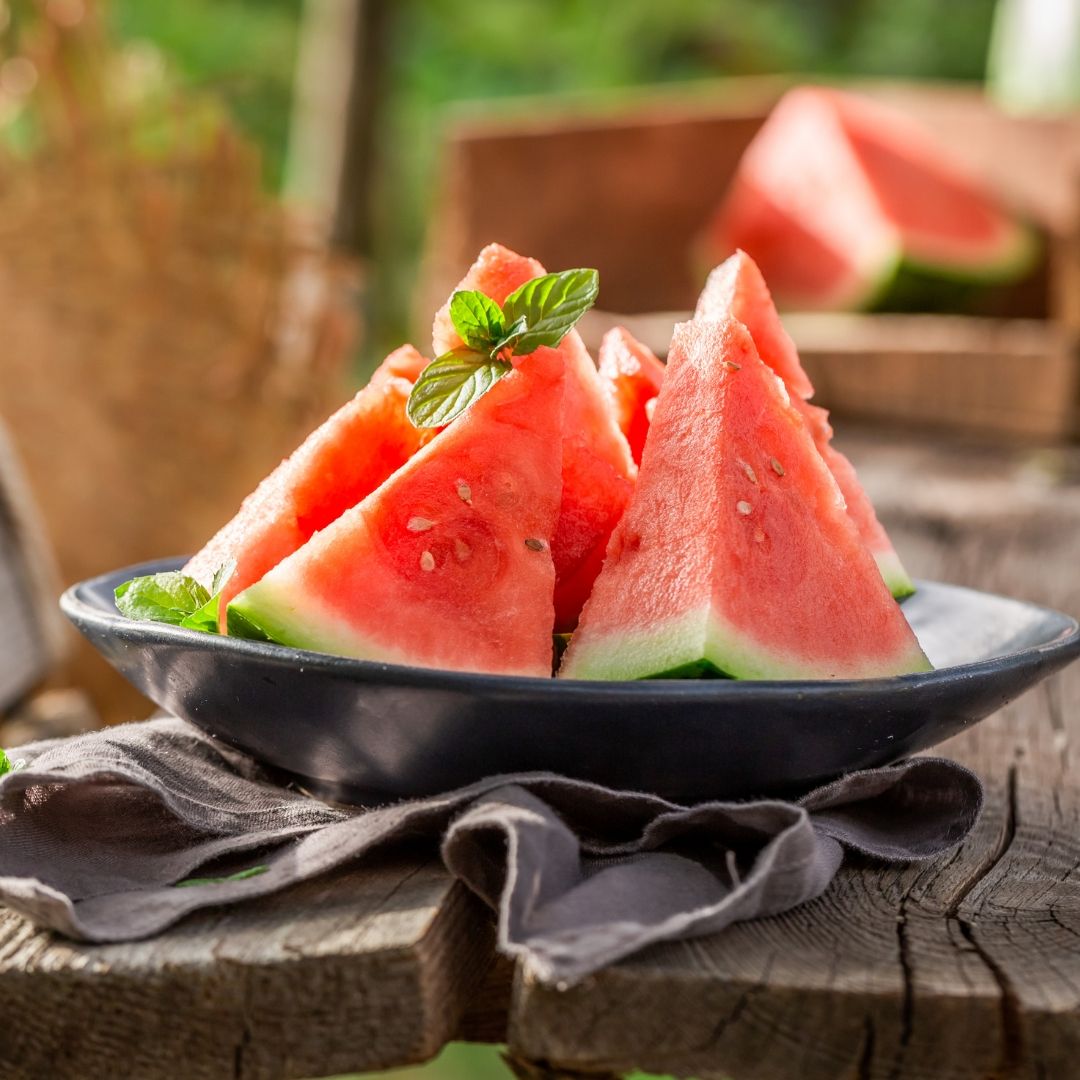How Many Calories In Watermelon: Your Guide To This Refreshing Fruit
Have you ever wondered about the calorie count in that wonderfully juicy slice of watermelon you enjoy, especially this time of year? It's a common question for many people who watch what they eat, or just want to understand their food better, you know. Knowing the calorie details can really help you make smart choices for your meals and snacks, and that's something a lot of us care about.
Watermelon, you see, is a truly popular fruit, especially when the weather gets warm. People love its sweet taste and how it helps them cool down. But beyond its refreshing qualities, many folks want to know the nutritional facts, like how many calories it actually contains.
We're going to break down everything you need to know about the calories in watermelon, drawing information from reliable sources. We will look at different serving sizes, talk about what makes it so low in calories, and even discuss some of its other good qualities for your body. So, you know, let's get into the details.
- Is A Fish An Animal
- Two Babies One Fox Comic
- Mid Taper Textured Fringe
- Steve Horstmeyer Dogs
- Camarones A La Diabla
Table of Contents
- Understanding Watermelon's Calorie Count
- Factors Influencing Watermelon Calories
- Beyond Calories: Watermelon's Nutritional Goodness
- Adding Watermelon to Your Daily Meals
- Frequently Asked Questions About Watermelon Calories
Understanding Watermelon's Calorie Count
When we talk about how many calories are in watermelon, it is useful to look at it from a few different angles, you know. The calorie count can change quite a bit depending on how much of the fruit you are actually eating. So, it is not just one number for every piece of watermelon out there.
The Big Picture: Whole Watermelons
Let's start with a whole watermelon, which, you know, can be a pretty big fruit. According to information we have, a whole watermelon typically weighs around 20 pounds, or about 9 kilograms. This size of watermelon, actually, contains about 1,360 calories in total.
It's interesting, too, that the United States Department of Agriculture's food data center backs this up. They say that whole watermelons measuring 15 inches in length and 7.5 inches in diameter also contain 1,360 calories. So, that gives you a good idea of the total energy in a very large fruit, you know.
- Just Give Me My Money
- Do Female Cats Spray
- Grab The Mic Game
- How To Remove Acrylic Nails
- What Is A Golden Birthday
Now, it's worth noting that a "large" watermelon, as described in some contexts, might be a bit different. For instance, a large watermelon that weighs around 15 pounds, which is about 6.8 kilograms, contains approximately 396 calories. This shows that the term "large" can mean different things, so paying attention to the weight is important, really.
Breaking It Down: Per Serving
Most people, of course, do not eat an entire watermelon in one sitting, right? So, it is more practical to look at the calorie count per serving. This helps you understand what you are consuming in a typical snack or meal, you know.
A standard serving size, such as 1 cup of diced watermelon, contains about 46 calories. This is a pretty low number for a fruit, actually, making it a good choice for those who want to keep their calorie intake in check. This small amount of calories means you can enjoy a good portion without feeling like you are overdoing it.
If you prefer to measure in grams, which some people do, 100 grams of watermelon contains about 30 calories. This is another way to look at the calorie density of the fruit. For comparison, a medium-sized watermelon, which might weigh around 2,300 grams, contains about 690 calories. This amount, you know, could be about 35% of the daily caloric intake for an average adult who eats around 2,000 calories a day and has a medium activity level.
Why So Few Calories? The Water Factor
One of the biggest reasons why watermelon has few calories per serving is its water content, actually. The fruit is made up of about 90 percent water. This high water percentage means that a large portion of the fruit's weight comes from water, which has no calories at all.
Because it is so full of water, watermelon helps you feel full without adding a lot of calories. This is a useful thing for anyone trying to manage their weight or just stay hydrated. So, you know, it is not just about the taste; it is about the composition of the fruit itself.
Factors Influencing Watermelon Calories
The calorie count in watermelon is not always a fixed number, as we have seen. Several things can change how many calories you are getting from your serving. Understanding these can help you better estimate your intake, you know.
Size and Weight Really Matter
The most important factor, actually, is the size and weight of the watermelon, or the portion you are eating. A bigger piece of fruit will naturally have more calories than a smaller piece. This is pretty straightforward, but it is easy to forget when you are just cutting yourself a slice, you know.
As we mentioned, a whole watermelon around 20 pounds has 1,360 calories. But a large watermelon that is 15 pounds contains about 396 calories. Then, a medium one at 2,300 grams has 690 calories. These differences show just how much the overall mass of the fruit impacts the total calorie count. So, paying attention to the actual weight of your serving is important, really.
Even when you are just having a cup of diced watermelon, which is 46 calories, the exact amount can vary slightly depending on how densely packed that cup is. So, you know, while these numbers give a good guide, a little variation is normal.
Beyond Calories: Watermelon's Nutritional Goodness
While we are focusing on calories, it is good to remember that watermelon offers more than just a low-calorie option. It is packed with water and nutrients, making it a refreshing and beneficial addition to your diet. It is not just empty calories, you know.
Key Nutrients: Citrulline and Lycopene
Watermelon is a good dietary source of both citrulline and lycopene, which are two compounds that do good things for your body. Citrulline, for instance, is an amino acid that can help with blood flow. Lycopene, on the other hand, is a type of antioxidant that gives watermelon its red color and is often talked about for its potential health benefits.
So, you know, when you eat watermelon, you are not just getting a tasty, low-calorie treat; you are also getting these beneficial compounds. It is a good way to add some extra goodness to your diet, actually.
Macronutrient Breakdown
Looking at the macronutrients in watermelon, it is mostly carbohydrates. The general breakdown shows it contains about 89% carbohydrates. This makes sense, as fruits are a natural source of sugars, which are a type of carb. It also has a small amount of protein, around 7%, and a very little bit of fat, about 4%. This profile, you know, means it is a fruit that gives you quick energy from its carbs, but not much else in terms of fat or protein.
This balance of macronutrients, along with its high water content, makes it a light and easily digestible food. It is a source of quick energy without a lot of heavy fats, which is good for a refreshing snack, really.
Adding Watermelon to Your Daily Meals
Knowing the calorie information and nutritional facts about watermelon can help you incorporate it into your diet in smart ways. It is a versatile fruit that can be enjoyed in many forms, you know.
Smart Serving Ideas
You can enjoy watermelon in many ways, actually. Eating it fresh and diced is a classic choice, and a cup provides a good, low-calorie snack. You could also blend it into a smoothie for a hydrating drink, or add it to a salad for a touch of sweetness and crunch. Some people even grill it for a unique flavor, you know.
Because it has so much water, it is a great choice for staying hydrated, especially during warmer weather or after some physical activity. It is a natural way to replenish fluids and get some nutrients at the same time, too.
For more ideas on how to include healthy fruits in your daily routine, you can Learn more about healthy eating on our site, which has many useful tips. Thinking about how you can add fruits like watermelon to your meals can make a big difference, really.
Balancing Your Caloric Intake
Since watermelon is low in calories, it can be a helpful food for managing your overall caloric intake. If you are looking to reduce calories, replacing higher-calorie snacks with a serving of watermelon can be a simple change that makes a difference. It helps you feel satisfied without consuming a lot of energy, you know.
Even if you are not strictly counting calories, choosing watermelon as a snack helps you get more water and nutrients into your day. It is a good way to add some natural sweetness to your diet without resorting to processed sugary treats. So, it is a win-win, actually, for both taste and health.
To explore other healthy food options that fit into a balanced diet, you might want to check out this page for more suggestions. Making informed food choices, you know, is a big part of living a healthy life.
Frequently Asked Questions About Watermelon Calories
People often have specific questions about watermelon's calorie content, and it is good to address some of the common ones, you know.
How many calories are in a whole watermelon?
A whole watermelon, which typically weighs around 20 pounds (or about 9 kilograms), contains approximately 1,360 calories. This number is based on standard measurements, actually, and can vary slightly with the exact size of the fruit.
Is watermelon a good choice for someone trying to manage their weight?
Yes, watermelon can be a very good choice for weight management. It has few calories per serving and is mostly water, which helps you feel full without consuming a lot of energy. Its refreshing nature also makes it a satisfying snack, you know, which can help reduce cravings for less healthy options.
What are the main nutrients, besides water, that you get from watermelon?
Beyond its high water content, watermelon is a good source of important nutrients like citrulline and lycopene. Citrulline is an amino acid, and lycopene is an antioxidant that gives the fruit its red color. It also provides some carbohydrates, a little protein, and a very small amount of fat, actually.
- Securely Connect Remoteiot Vpc Raspberry Pi Aws Server
- What Does Yeet Mean
- Jasmine Crockett Husband
- Grab The Mic Game
- Help I Accidentally Summoned Mahoraga

Watermelon Calories: The Sweet Secret To Guilt-Free Snacking

Watermelon Calories: The Sweet Secret To Guilt-Free Snacking

Calories in Watermelon - Run Eat Repeat